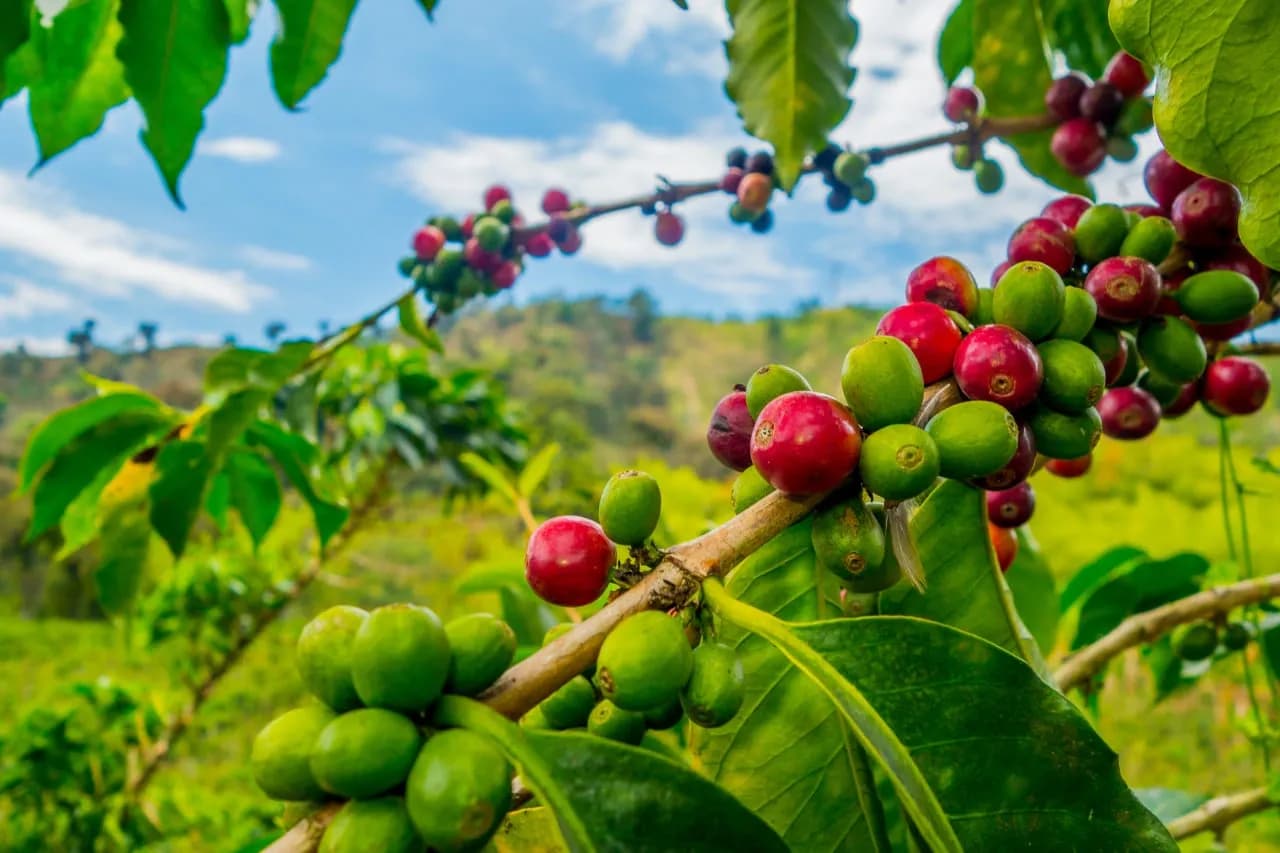Progress for 0 ad
Progress for 1 ad
Progress for 2 ad
Progress for 3 ad


Etenat Awol
Addis Ababa, Ethiopia

Local tech firm Vulcan ICT has entered into a partnership with the Ethiopian Coffee & Tea Authority (ECTA) to develop a coffee traceability platform as the compliance deadline with the European Union’s Deforestation Regulation (EUDR) gets closer.
Adugna Debela (PhD), ECTA’s Director General, and Vulcan’s CEO Henok Alemayehu signed the contract that targets key strategic goals. Central to the agreement is enabling compliance with EUDR, which demands due diligence on all coffee sold in the European market by December 2025.
The EU accounts for more than a third of all merchandise exports from Ethiopia, with coffee remaining consistently in the top two commodity types. Coffee is among the seven commodities (cattle, cocoa, coffee, palm oil, rubber, soy, and wood) that fall within EUDR’s purview.
EUDR introduces stringent due diligence requirements to ensure that these agricultural commodities imported into the EU are free of deforestation, forest degradation, human rights violations, and even indigenous community rights.
Failure to comply with the due diligence requirements could seriously disrupt local supply chains. In the most extreme scenario, where exports to the EU cease completely, Ethiopia could face an 18.4% drop in overall exports, a 5.8% fall in imports, a 0.6% decrease in GDP, and a 3.3% reduction in public revenue.
Signed on December 9, 2024, the contract between ECTA and Vulcan focuses on the collection of Geolocation data, essential for maintaining quality control and ensuring compliance with EUDR.
Established in 2016, Vulcan ICT specializes in providing Enterprise Resource Planning (ERP) integrating various business functions, including finance, inventory management, human resources, and production management.
Adugna Debela (PhD), Director-General of the ECTA, expects the agreement to play an instrumental role in gathering geolocation data from the millions of smallholder coffee farmers in Ethiopia.
In contrast to high coffee-exporting nations like Brazil, above 80% of Ethiopia’s coffee is cultivated in plots of around half a hectare, complicating geo-referencing efforts.
Henok Alemayehu, Co-founder and General Manager of Vulcan ICT, emphasizes the importance of creating a central data repository to ensure successful implementation. He foresees smallholder farmers easily inputting their details into the data repository.
“Vulcan is responsible for the technology aspect of the system, where data collection will mainly be performed by the Authority,” Henok told Shega.
An eight-month target has been set for the finalization of the traceability platform by the contracting parties.
ECTA kicked off a national action plan back in February estimated to require 2.2 billion birr in funding as it looked to get ahead of Europe’s stringent requirements. Last month, the Authority also launched the National Coffee Stakeholder Engagement Platform, aiming to bring all stakeholders together.
While the year-long extension in October by the EU granted Ethiopia’s coffee stakeholders some relief, compliance still requires considerable work. ECTA has also partnered with global coffee giant JDE Peet's and sustainability auditor Enveritas to enable compliance as the clock winds down.
In the past five months, Ethiopia has exported 178,000 tons of coffee, surpassing its target of 117,000 tons, marking a 72% increase in volume and a 55% rise in revenue compared to the same period last year.
In the previous fiscal year, the country exported 298,000 tons of coffee, generating $1.43 billion in revenue. This year, Ethiopia aims to export 400,000 tons and generate $2 billion
👏
😂
❤️
😲
😠

Etenat Awol
Etenat holds a degree in Journalism and her master's in Public Relations. Previously, she served as a university lecturer and has five years of experience in communications, media, digital marketing, and consulting.
Your Email Address Will Not Be Published. Required Fields Are Marked *